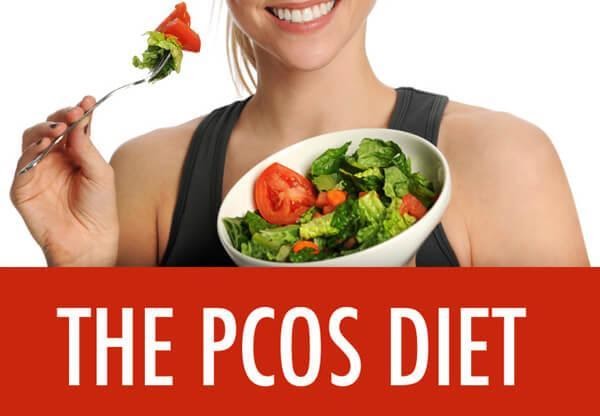[vc_row][vc_column][vc_column_text]
Dietary Approaches for PCOS
PCOS is a condition that causes hormonal imbalance in women. It is commonly experienced by one out of ten women in the childbearing age. On the other hand, it is marked by irregular periods, or there are no periods. In this, women ovaries will form multiple cysts that may occur due to the overproduction of hormones called androgens.
If a woman has PCOS, they can also suffer from various health challenges like diabetes, cardiovascular problems, stress, and many others.
But, according to some research, it has been proved that a proper diet can readily improve the impact of PCOS and is also important to take healthy food to cure PCOS.
Now the question arises how diet affects the impact of PCOS in women?
Basically, there are two methods by which diet helps in PCOS that is managing weight and controlling insulin level. Insulin plays an essential role in PCOS, so maintaining it will significantly help women in managing PCOS.
So, through this article, you will come to know about various foods that women with PCOS should and shouldn’t eat. They are: –
Foods to eat
The foods that are rich in fibre help in combating insulin level and on the other hand lowering down the sugar level in which there are various options for fibre rich food. They are: –
- Almonds
- Berries
- Green and red peppers
- Cauliflower
- Brussels sprouts
- Sweet potatoes
- Winter squash
- Pumpkin
- Healthy fats like olive oil, coconut oil
- Dark chocolate in moderation
- Spices like turmeric and cinnamon
- Dried beans, lentils
- Blackberries
- Cherries
- Red grapes
On the other hand, there are various adequate foods that help in reducing inflammation, including: –
- Spinach
- Kale
- Blueberries
- Strawberries
- Fatty fish that is high in omega-3 fatty acids
Which foods should women avoid if they are suffering from PCOS?
1. Dairy products
The reason for avoiding dairy products is that they contain IGF-1 or you can say insulin growth factor 1. And this IGF-1 plays a very crucial role in the growth of the baby. But the issue is it also surges the insulin level, and more insulin is not suitable for women with PCOS.
2. Soy
If a person takes soy product, then the ovulation gets delayed. And PCOS women are already struggling with ovulation. So, PCOS women must not take soy products as it will increase the issue more.
3. Refined carbs
Women with PCOS are already not able to process carbohydrates efficiently; that’s why refined, nutrient-void carbohydrates must be avoided. Some of the examples are- white bread, pizza dough, regular pasta, white rice.
4. Beverages that have excess sugar
No doubt, juices are healthy but not bottled ones as they have excess sugar because of the high insulin levels, these high sugar drinks will make this issue worse.
5. Alcohol
Patients who are suffering from PCOS have a high rate of fatty liver. And if she drinks alcohol, it directly adds toxins to the liver and gut microbiome. On the other hand, a glass of red wine when taken with dinner is not at all harmful, but one should avoid excess intake.
6. Processed food
Apart from sugary beverages, processed food is not healthy for women with PCOS. All processed foods can have harmful chemicals that make the weight issue worse and cut the microbiome.
Well, if you are looking for some other natural options for PCOS management, then Furocyst capsules are a proprietary and clinically proven product. It is processed with due care so that the scientific properties do not get affected also it is patented and a single herb product. It is safe and clinically evaluated for managing PCOS and its symptoms.
[/vc_column_text][/vc_column][/vc_row]







